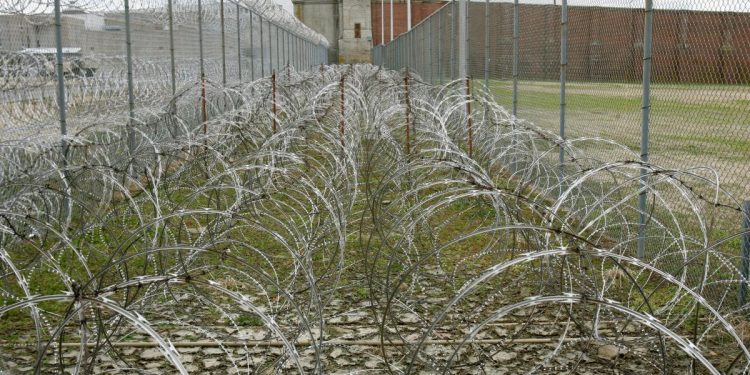I believed my criminal record would haunt me for the rest of my life.
I served time for credit card fraud. When I was released, I was burdened with fines and fees from my case. I worked two jobs to cover those additional costs. Like so many others returning home from prison, I found myself trapped in a cycle of poverty.
In the upcoming legislative session, Oklahoma lawmakers should focus on reducing court debt and removing unnecessary obstacles so that returning citizens can effectively reintegrate into their communities.
When I left prison, I faced countless barriers that made it harder to successfully reenter society, including restrictions that had no relevance to public safety.
Mental and emotional stress of reentry after prison takes a toll Along with hefty fines and fees, the mental and emotional strain of reentry took a toll on me. Constantly worrying about the next court payment, while trying to pay rent and buy groceries on a small income, took a toll on my health. Supporting my family often meant spending more time away from my kids. I worked nights and weekends, yet I still struggled to make ends meet.
Some people may not even know how to find out their total court costs. This was my situation. I had no idea I owed over $700 when I applied for a pardon, years after I thought I had settled all my obligations.
Before prison, I never had trouble finding a job. But even after serving my sentence and trying to prove I had changed, I faced obstacles at every turn.
My story, like so many others, raises the question: What can be done to prevent others from facing the same struggles I did when I was released?
What will change about incarceration in Oklahoma? Oklahoma lawmakers have made significant progress in recent years with reforms aimed at improving second chances for those with criminal records. However, challenges like court debt, employment, and housing persist.
Well-designed policies on fines and fees benefit everyone involved. Crime victims can receive the restitution they’re owed, while those responsible for paying restitution can fulfill their obligations and move forward with their lives.
Secure employment and stable housing significantly reduce the risk of reoffending. By creating pathways to these vital resources, people can succeed and avoid returning to a life of crime.
By guiding people toward success, we affirm their inherent dignity and give them the opportunity to live out their second chance.
I started Walter’s Way to help people like me We all benefit from second chances. I know I have. I understand what it’s like to seize the opportunity to make things right for myself. I also wanted to give back to my community. That’s why I founded Walter’s Way, a reentry organization that helps those leaving incarceration secure essential needs like housing.
In his 2024 State of the State address, Gov. Kevin Stitt said, “We believe in second chances.” He also emphasized, “We need to focus on limiting fines, fees, and court costs to only what is needed for restitution.”
Our lawmakers should follow his example and continue to unlock second chances. It benefits everyone when people with criminal records are allowed to leave their past behind, find stable employment, and support their families.
As lawmakers prepare for the 2025 legislative session, I urge them to eliminate unnecessary barriers for our brothers and sisters who dream of a better future—free from the unending cycle of financial, mental, and emotional distress. Let’s create opportunities for Oklahomans to thrive as they move beyond their past.
Also Read:
- Family claims prison lied to them about inmate’s death
- Former Cleveland County Deputy Vaughn Cannon Sentenced to Life Without Parole

